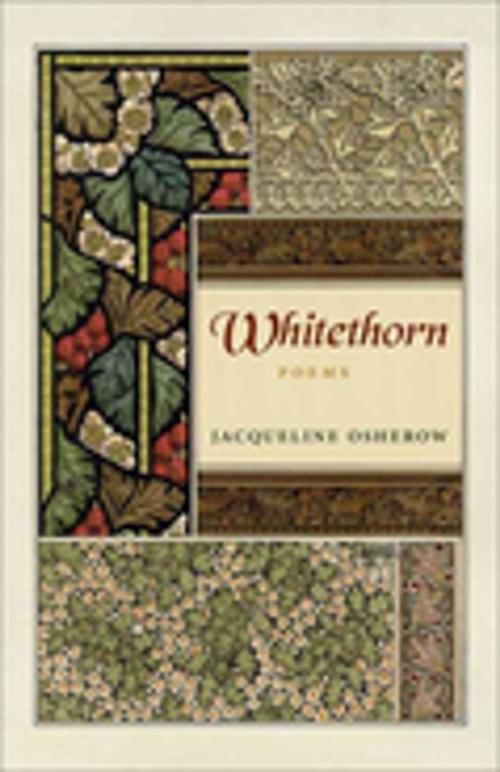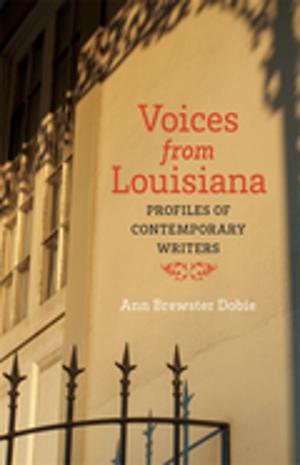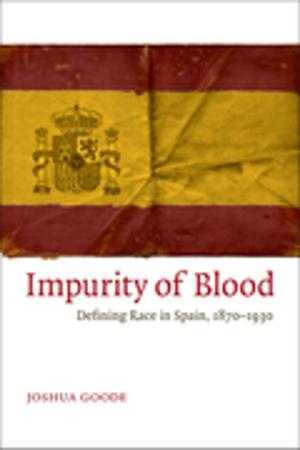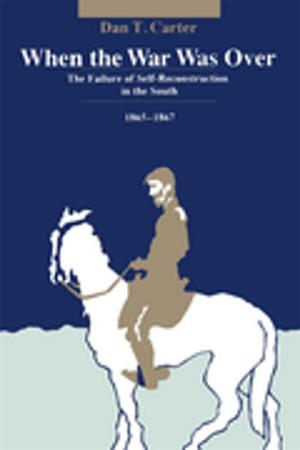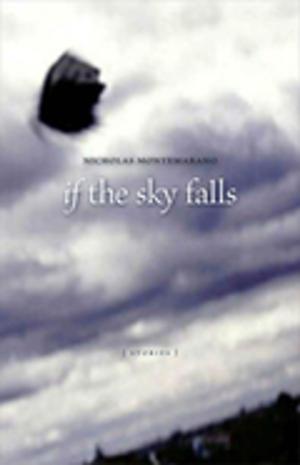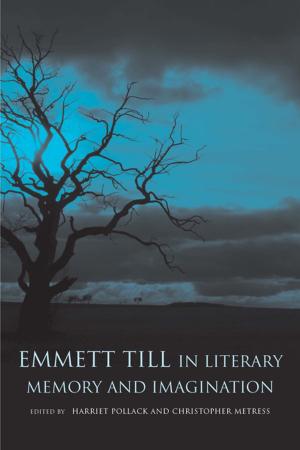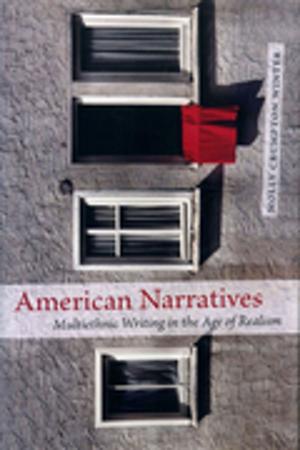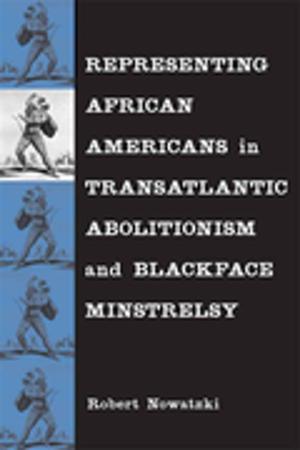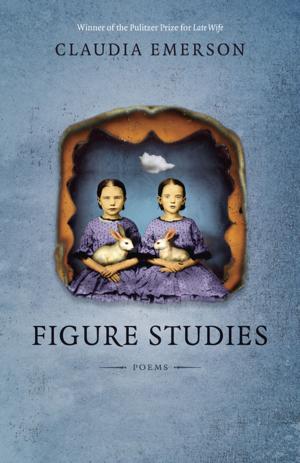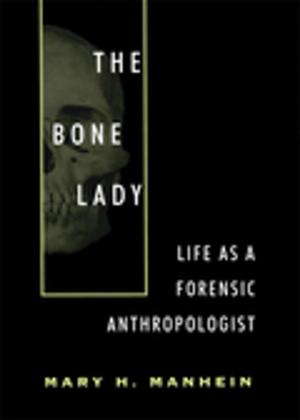| Author: | Jacqueline Osherow | ISBN: | 9780807140154 |
| Publisher: | LSU Press | Publication: | February 7, 2011 |
| Imprint: | LSU Press | Language: | English |
| Author: | Jacqueline Osherow |
| ISBN: | 9780807140154 |
| Publisher: | LSU Press |
| Publication: | February 7, 2011 |
| Imprint: | LSU Press |
| Language: | English |
In "Poem for Jenne," which opens Jacqueline Osherow's ambitious and challenging newcollection, a neighbor has planted larkspur and delphinium in the poet's yard and is tending them hoping to bring color and light into a household stricken by personal tragedy. As the bright blue, star-shaped flowers bloom for a second time, the poet writes, "earth's reaching for her heavens, I for words / or any chink of rapture I can claim." The pervasive theme, in this poem and throughout Whitethorn, is that human suffering may be irremediable, yet in nature and language one may find a key to unlock the mysteries of sorrow.
Osherow searches for that cipher by exploring a range of suffering, from the personal to the historical and cultural. In the poem "Orders of Infinity" she visits Treblinka and, in her inability to count the stones or quantify the real loss of the Holocaust, ponders the impossibility of imagining the unborn generations of the victims' descendants, an infinity of lives not lived, "undreamed daydreams, mute conversations, ungratified indulgences, failed hints..."
In Whitethorn, a book of enormous scope and emotional intelligence, Osherow unflinchingly examines the pain of her own personal history and courageously probes the greater mystery of evil and suffering in the world.
In "Poem for Jenne," which opens Jacqueline Osherow's ambitious and challenging newcollection, a neighbor has planted larkspur and delphinium in the poet's yard and is tending them hoping to bring color and light into a household stricken by personal tragedy. As the bright blue, star-shaped flowers bloom for a second time, the poet writes, "earth's reaching for her heavens, I for words / or any chink of rapture I can claim." The pervasive theme, in this poem and throughout Whitethorn, is that human suffering may be irremediable, yet in nature and language one may find a key to unlock the mysteries of sorrow.
Osherow searches for that cipher by exploring a range of suffering, from the personal to the historical and cultural. In the poem "Orders of Infinity" she visits Treblinka and, in her inability to count the stones or quantify the real loss of the Holocaust, ponders the impossibility of imagining the unborn generations of the victims' descendants, an infinity of lives not lived, "undreamed daydreams, mute conversations, ungratified indulgences, failed hints..."
In Whitethorn, a book of enormous scope and emotional intelligence, Osherow unflinchingly examines the pain of her own personal history and courageously probes the greater mystery of evil and suffering in the world.
